What's separation anxiety, and when does it start?
Does your baby cling to you or throw a tantrum when you leave the room? Your baby is most likely experiencing separation anxiety. Separation anxiety in children is normal for a newborn. It typically begins at eight months of age, peaks between 10 to 18 months, and gradually decline by 24 months.Infants are fine with strangers, but as they grow older, they realise they are dependent on you and a small group of people who care for them. This makes them feel unsafe in new situations and environments. Furthermore, because babies do not understand the concept of time, they believe that if you leave, they will not see you again. However, as their memories develop, they recall that their parents have returned to them before too.
What are the signs of separation anxiety in children?
In the case of separation anxiety in babies, they may fear that you will not return when you leave. This fear may manifest with symptoms such as:- Crying when you leave.
- Needing someone to accompany them until they fall asleep.
- Waking up and crying in the night after having slept well earlier.
- Crying or clinging in unfamiliar situations.
- Crying when you leave them with someone else.
- Sleeping difficulties
- Waking up early.
If your baby is inconsolable for an extended period of time after you leave, if the anxiety has persisted for more than a few weeks, or if the baby is in excessive distress, you may need to consult your doctor.
Tips for dealing with separation anxiety
Here are some ways to help your baby cope with separation anxiety:1. Practise being apart.
Begin by being apart for brief periods of time, such as when you rush to the grocery store. So that they feel at ease, leave them with someone they know and are comfortable with. You can then gradually increase the duration of being away and leave them in a less familiar environment.
2. Stay positive.
When you are about to leave your baby, don't show any signs of distress because your baby can sense it. Be confident and upbeat. Your baby will witness and learn the pattern of saying goodbye and then having a joyful reunion.
3. Explain the passage of time in a way your child understands.
When you say you'll be back by 5 p.m., your baby will have no idea what you mean. Instead, tell them you'll return after nap or snack time and keep your promise. This will introduce time as a concept in their vocabulary.
4. Quick goodbyes.
Whatever goodbye ritual your baby prefers, such as kisses or handing them a favourite toy or blanket, keep it brief and loving, and make sure to give your complete attention to your baby. However, keep in mind that prolonged goodbyes can cause anxiety in babies.
5. Consistency is the key.
Follow the same goodbye routine every day at the same time and avoid variations, so your baby knows what to expect and develops trust in you and their independence.
6. Feed the baby.
Separation anxiety becomes worse when the baby is hungry or sleepy. Allowing your baby to nap and feeding them before you leave will undoubtedly help.
7. Night awakening.
Some babies wake up in the middle of the night due to separation anxiety. If your baby wakes up at night, do not get them out of bed; instead, pat and soothe them.
My baby cries when I leave. Should I just sneak out?
Many people will advise you to leave if your child isn't paying attention. This, however, may give your baby the impression that you can disappear at any time and that they must remain alert at all times. Hence, it is better to say goodbye in a pleasant and proper manner.Leaving your baby alone can be stressful for both you and your baby. Your child will eventually grow out of separation anxiety, and you will feel comfortable leaving them in the care of trusted caregivers while you finish your work.
References:
- MSD Manual Professional Version. Separation anxiety and stranger anxiety [2020].
- Children’s Hospital of Philadelphia. Separation anxiety.
- NCT. Clingy babies and separation anxiety: How to cope [2019].
- HealthyChildren.org. How to ease your child’s separation anxiety [2015].



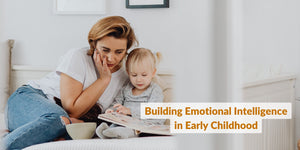
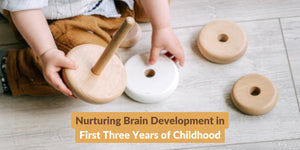
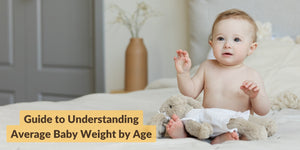
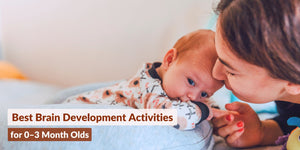

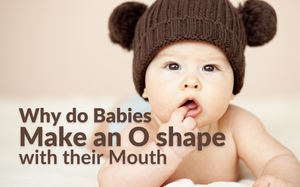
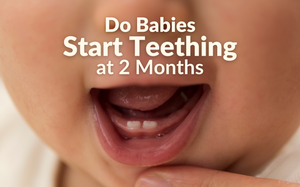
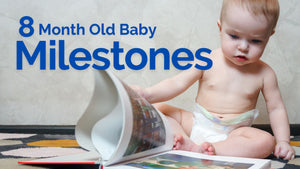
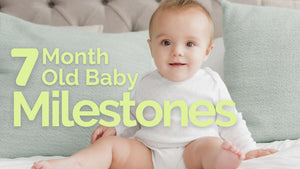

LEAVE A COMMENT